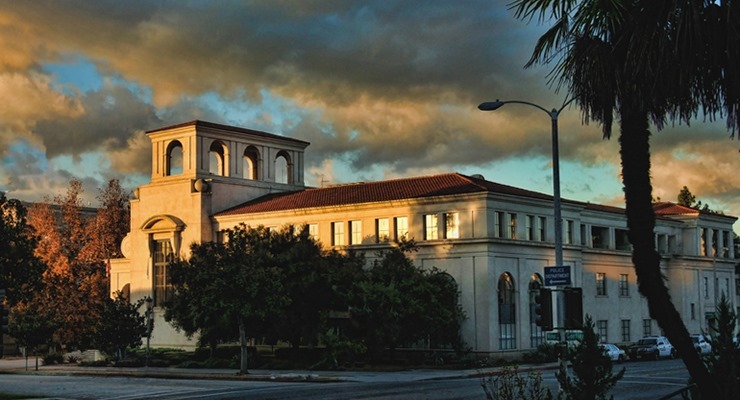
California is still counting votes (1.5 million yet to go), but some noteworthy trends are becoming clearer:
Latino voters: Although the extent is still uncertain, polls show that support for President-elect Donald Trump among Latinos has grown nationwide. In California, a CalMatters analysis found that a larger share of votes in at least nine of the state’s 12 Latino-majority counties went to Trump this year compared to 2020.
As CalMatters politics reporter Yue Stella Yu explains, the shift by Latino voters may have a lot to do with economic concerns. Mike Madrid, a longtime GOP consultant, said that Democrats have been slowly losing Latino support since 2012, and they should consider the election a “five-alarm fire.”
But some experts and California Democrats don’t view Trump’s victory as a sweeping rebuke of the party. In some of the state’s congressional toss-up races, for example, Democratic candidates appear to be outperforming Vice President Kamala Harris. Rather than voting for Republicans, they say, voters just wanted to oust incumbents.
“What you want to call a rightward shift,” said Democrat Adam Gray, who is in a tight race for California’s 13th Congressional District, “I would call a rejection of more of the same.”
Read more about California’s Latino voters in Stella’s story.
More voters: While Harris lost to Trump overwhelmingly in the Electoral College, she has won more votes in her home state (8.4 million as of Thursday) than Barack Obama did in 2008 when he won the presidency.
That’s largely a result, however, of more registered voters in California: 22.6 million this year, compared to 17.3 million in 2008. The state has made it easier to register and to vote in recent years; 84% of all eligible voters are registered, up from 75% in 2008.
Harris is at 59% of the vote statewide so far, compared to 61% for Obama in 2008 against Republican John McCain. In the total number of votes, she is also running slightly ahead of Democratic Rep. Adam Schiff, who has won the U.S. Senate race. But that’s because of those who voted for president, but skipped the U.S. Senate race.
Congressional delegation: California went into the election with 40 Democrats and 12 Republicans in the U.S. House and two Democrats in the Senate. After the millions of dollars spent and all the campaigning and ads, the party split could be almost identical. With two House races still undecIded but the Republicans leading narr0wly, there could be as many as 11 Republicans representing the state in the House as part of the narrow GOP majority. California’s two Democrats in the U.S. Senate will be in the minority.
Election results: Keep up with all the latest California results, including on the ballot propositions.
CalMatters.org is a nonprofit, nonpartisan media venture explaining California policies and politics.


















